This Post Isn't About Translation Or Improvisation. It's Just A Couple Of Pictures I Took In Moscow So
this post isn't about translation or Improvisation. it's just a couple of pictures I took in Moscow so far.
I'll be back home this Sunday. my next translation is half done already. thank you for your patience!




More Posts from Eto-ena and Others
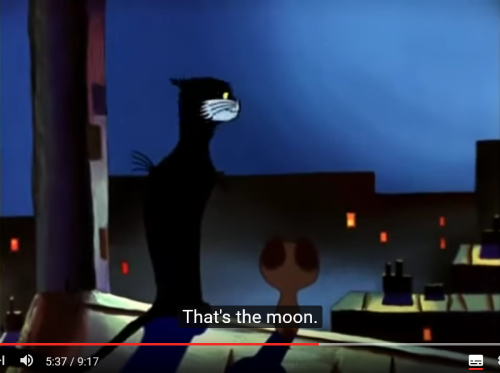
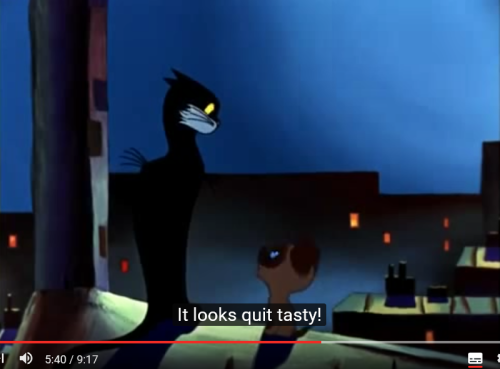

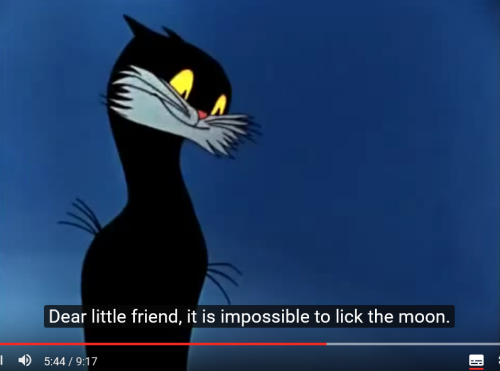

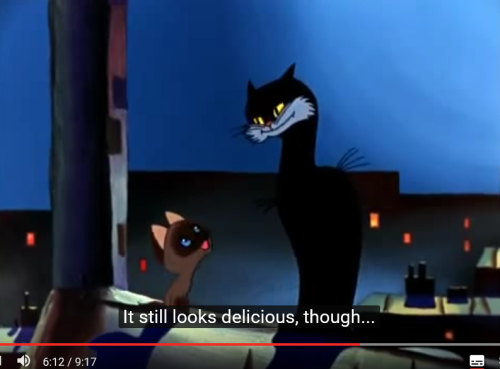
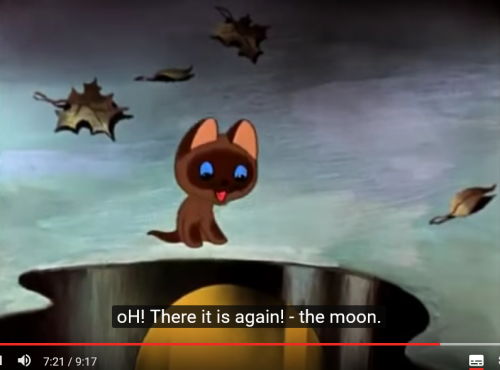
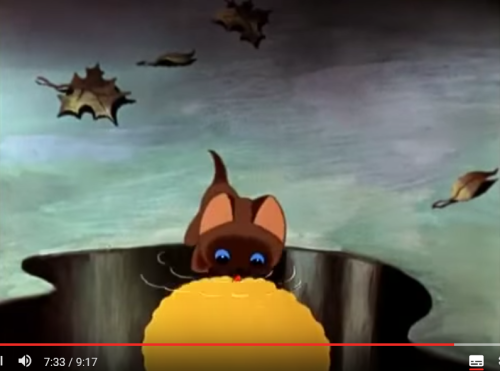

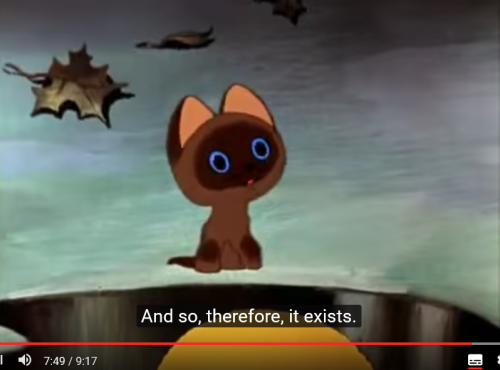
Here's a list of great VK public pages in Russian that I adore: pt 1
If you're learning the language, I think these might help you get more familiar with not only reading and spelling, but with how Russians actually communicate. And these pages are pretty cool too, so you can just check them out even if learning the language isn't the main goal.

1. покажи нам кусочек своей жизни/show us a piece of your life
A rather cool page where people share random pictures from their phones with a bit of info about themselves. Every post has its own aesthetic but more importantly, these posts feel very real and authentic. Here's what some of these posts look like.

"I'm majoring in geo in Moscow, sing in choir, and right now I'm writing my thesis a bit worried about my future. But I'll be fine. Kindness to all"

"the life of a physics teacher 💫"

2. пушистые морды/fluffy faces
Another page that accepts post suggestions. Here you can share your adorable pet (it's mostly cats).

"his name is Oleg"


3. мам ну не читай/mom don't read it
Did you have a diary when you were a kid? I cringe every time I read my old diaries. But this page collects all the weird diary entries and posts them. Not sure where they take them from, but they're all pretty hilarious.

"the door to the future"

"the page of positivity"
I'll be back with a part two!
Dmitri Prigov’s visual poetry
Dmitri Prigov (1940-2007) was a Russian conceptual poet, artist, and dissident. One of the things he is famous for is his стихограммы (стих ‘poem’ + грамма (’gram’, a part of words like phonogram or program, from Greek γράμμα ‘recording’))
I don’t understand much about poetry, and probably neither do you, but I mean look at that

Как я весел! Как я мил! – How cheerful I am! How nice I am! Смерть рядом – Death is near

Ин вино веритас – ‘In vino veritas’ (Latin), In wine there is truth А в пиве что? – And what’s there in beer?

В начале было слово, и слово было у Бога, и слово было Бог (сentral circle) – In the beginning was the Word, and the Word was with God, and the Word was God И свет во тьме светит – And the light shines in the darkness

Если враг не сдается, его уничтожают – If the enemy does not surrender, he must be destroyed Нет – No Враг – Enemy

И восстанут они все из могил своих, и призовут нас всех к ответу – And then they will all rise up from their graves and bring us all to justice
You might have figured that I love voice actors. I love this story a little too much. Hope you like the Russian version of Shrek!
ни ра́зу ― not once; never
не раз ― repeatedly
tricky! (from Wiktionary)
An ancient Russian dish
Here’s a piece of information about the Russian cuisine!
Пирог, пироги — pirog (sing.), pirogi (plur.)
Pirog is a baked case of dough with a sweet or savoury filling. It’s pretty much a regular pie. Pirog is one of the oldest dishes in Russia that our grandmothers bake to this day.

In ancient Russia, there were a lot of traditions regarding the consumption of a pirog. For example, the first bite of a pirog was always taken by the oldest man in the family. After him were younger men, then women and children. People started noticing how inconvenient these traditions were, so Russian women started baking small pirogs. They were more convenient to eat and to even pack for the road. This is how pirozhki (пирожки) were created.
Пирожок, пирожки — pirozhok (sing.), pirozhki (plur.)

There is no known date of when pirozhki were created, but some sources say that they were already around when Ivan the Terrible was ruling Russia (1533).
The most popular flavours of pirozhki are: apple jam, meat, smashed potatoes, eggs and fish.
RUSSIAN TEA VOCAB/ ALL THE NUANCES EXPLAINED

ча́й - the drink itself and a product in the store
ча́йная зава́рка or simply зава́рка - dry tea leaves in the packaging
ча́йный паке́тик - teabag
крупнолистово́й чай - whole-leave grade of tea
чаи́нка (the plural form чаи́нки is more common since usually there is more than one of them in your tea) - fannings, wet pieces of tea leaves or tea dust which fell into the tea
де́лать чай - to make tea. The construction is widely used and describes the process of making tea from any tea product i.e. leaves, tea bags.
ста́вить ча́йник - put on a kettle It is not common to say включи́ть чайник
поста́вь ча́йник = поста́вь во́ду - boil some water in kettle (usually for the tea)
я уже́ поста́вила ча́йник, ско́ро бу́дем пи́ть чай - I’ve already put the kettle on, we’ll have tea soon
зава́ривать (чай) - to brew. One of the steps of the process of tea making (usually from whole-leave grades of tea) when tea leaves are poured with hot water and left for a few minutes in the teapot. The process requires time as tea leaves need time to release natural chemicals. When it is happening the Russians say чай зава́ривается, i.e. the tea is being brewed.
зава́ривать ка́шу (to cook kasha) = to cause a situation that brings about troublesome or unpleasant consequences ну и ка́шу же ты завари́л! - what a mess you’ve made!
but! вари́ть ка́шу = to cook kasha
наста́ивать (чай) - to infuse. The idea of the process of настаивание is to wait longer than usual so the taste becomes strong enough. This verb can be used to explain the same process while preparing herbal teas and infusions.
Remember that this verb has two meanings!!! наста́ивать - to insist
подожди́, чай ещё не завари́лся = подожди́, чай ещё не настоя́лся - wait, the tea is not brewed yet
остужа́ть (чай) - to cool the tea down
электри́ческий чайник/электроча́йник - electric kettle
зава́рочный ча́йник - teapot
ча́шка = кру́жка - cup/mug traditionally ча́шка is the elegant cup with a special design, usually a part of a tea set. Кру́жка (mug) usually has a shape of a cylinder and larger than a regular cup. Now the differences are almost forgotten so you can use any word of your choice when you talk about tableware. But! It is always ча́шка/ча́шечка чая - a cup of tea
блю́дце - saucer
ча́йная ло́жка - teaspoon
ча́йный серви́з - tea set
моло́чник - milk jug
са́харница - sugar bowl
чай с са́харом (мёдом, варе́ньем, молоко́м, лимо́ном) - tea with sugar (honey, jam, milk, lemon)
#russian
Another funny moment from Evening Urgant! This is an old interview with Milla Jovovich. What is Milla talking about? There are tons of Russian fairy tales about baby goats and wolves. One of the most popular ones is “The wolf and the seven baby goats” (Волк и семеро козлят). However, the one Milla is talking about must be a fairy tale called “Grandmother once had a grey baby goat...” (Жил-был у бабушки серенький козлик...). Here’s the link. It doesn’t have an English translation, but I can try and translate it if you’re interested. https://stihi.ru/2012/08/15/7403 Useful words from this video: Страшный (m.), страшная (f.), страшное (n.), страшные (plur.) - scary; Сказка, сказки (f.) - fairy tale, fairy tales; Лес, леса (m.) - forest, forests; Конец, концы (m.) - end, ends; Сильный (m.), сильная (f.), сильное (n.), сильные (plur.) - strong Interesting fact: Last month, Milla made a video of her reading one of the most well-known Russian fairy tales “Fly Tsokotuha” (Муха-Цокотуха). And again, unfortunately, I could not find the English version of this fairy tale. I can try and translate it, but I cannot guarantee my version won’t be cringeworthy. Here’s the link. https://www.youtube.com/watch?v=a69FMum_nnM&t=249s
Hey, just a random anon who found this blog looking for Russian content (somewhat new learner here). I came to learn the flow of the language and stayed for my new favorite Russian comedy—it’s absolutely hilarious, and I hoard your clips like precious gems, watching them again and again. I’m glad to see you’re back—I’ve realized just how much something you do to bring positivity for yourself can bring positivity to a total stranger. Thank you for making me smile and doing what you do.
You are literally the nicest! You have no idea how much you made my day. I'm so glad I'm back too, I almost forgot what wonderful people you all are. Thank you for your kind words, I hope you continue learning and familiarizing yourself with Russian! <3

Me in a restaurant
Waiter: here's your glass Me: oh, thank you Waiter: *puts the glass down* Me: thank you Waiter: *fills the glass with water* Me: thank you Waiter: I'll bring your order soon Me: thank you
-
 deepesttrashthing reblogged this · 8 months ago
deepesttrashthing reblogged this · 8 months ago -
 bouncyqto liked this · 1 year ago
bouncyqto liked this · 1 year ago -
 milk-crafting liked this · 2 years ago
milk-crafting liked this · 2 years ago -
 alexmiya liked this · 2 years ago
alexmiya liked this · 2 years ago -
 nutty-cherry liked this · 2 years ago
nutty-cherry liked this · 2 years ago -
 beroidae liked this · 2 years ago
beroidae liked this · 2 years ago -
 galaxythreads liked this · 2 years ago
galaxythreads liked this · 2 years ago -
 chaurey liked this · 2 years ago
chaurey liked this · 2 years ago -
 pzycho391 liked this · 2 years ago
pzycho391 liked this · 2 years ago -
 eto-ena reblogged this · 2 years ago
eto-ena reblogged this · 2 years ago

actually, we don't call it russian, we simply call it cheeki-breeki
106 posts